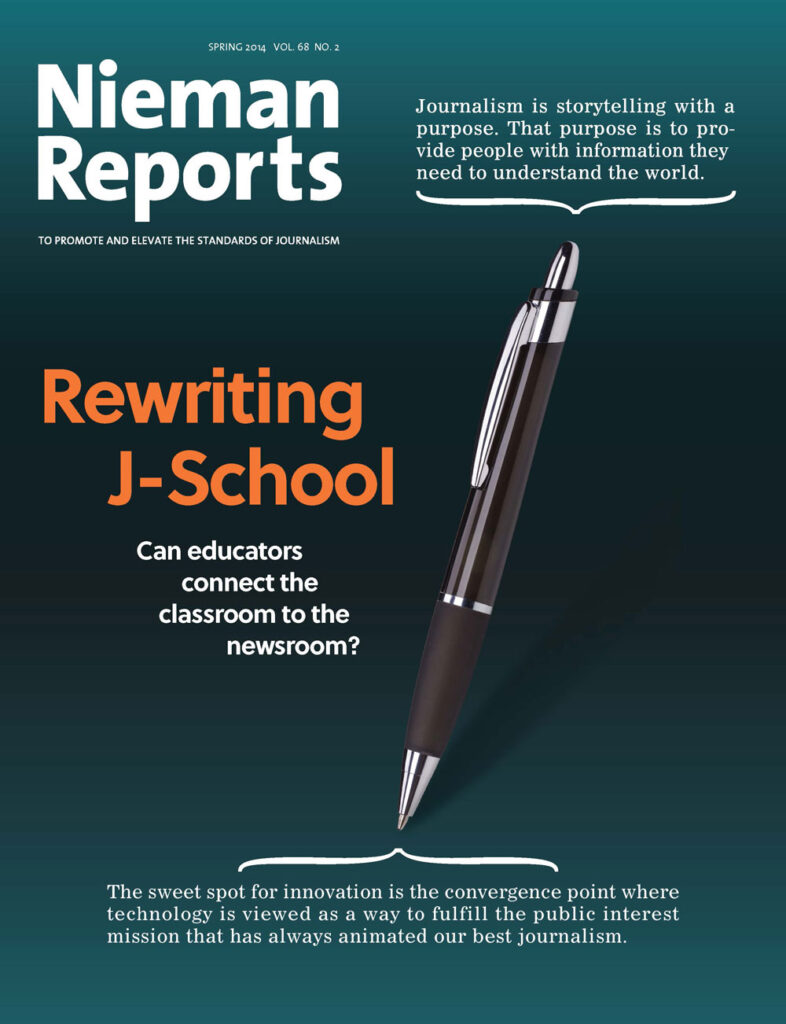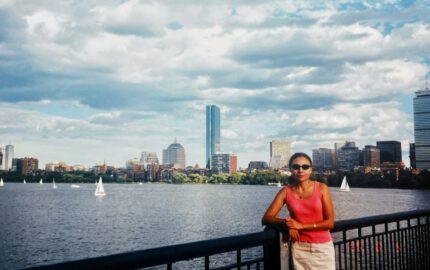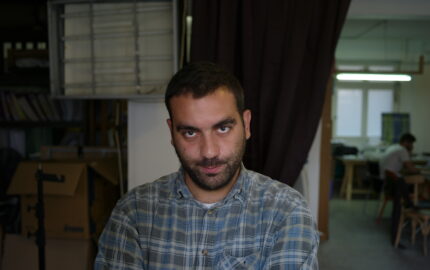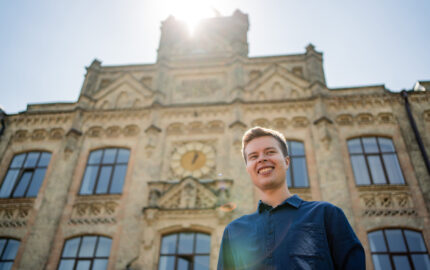I have lived most of my adult life out of a single suitcase, zigzagging a career through the Caucasus and the Middle East. But I had never plumbed for inspiration or reason. In the introduction to my first book I wrote: “In any case I got on a plane.” Whenever autobiography came up, I reused this neat little formula, self-plagiarizing, with a shrug.
I started to write my story from the beginning: I was born in … Regular narrative footfalls: And then and then … Until the Berlin Wall came down and I flew, alone and 19, to Czechoslovakia. Here the paragraphs slowed and thickened with details, and I realized that this very first lone voyage had set a template for my whole life.
I had a single phone number in my pocket. A business associate of my father’s had left Czecho in ‘68, and his family still lived in Moravia. With some misgivings and a knot in my stomach, I boarded a train to the provincial capital, Olomouc. The light in the carriage blinked and buzzed, the window was jammed open to a bracing draft and I sat very stiffly, not daring to find another seat.
I stepped off the train and saw a man holding up a sign, V-E-N-D-I. I was warmly ushered into a bashed-up red Skoda with the carcass of a wild boar in the boot and ferried into the bosom of the family, where I was fed schnitzel and strudel and plum brandy and introduced to everyone in town. One of the brothers, Ales, was a dentist and he and his friends were in Obcanske Forum, Vaclav Havel’s party, and they had taken over the municipal administration in Olomouc with a borrowed basement room and a single typewriter. He took me to see it, various people coming and going, handshakes, another bottle of plum brandy opened in defiance of the snow falling outside. An Englishman arrived, a baldy itchy mousey man, a correspondent for The Daily Telegraph. Someone gave him some quotes and they politely sent him on his way.
When I got back to Cambridge University I wrote an article that was published in the only issue of the student newspaper ever produced during my time there. I realized—and this was my first sense of self as a writer—that my story was much better than the dull copy the Telegraph man had printed.
In Czecho I had time to walk and think and read and the happy happenstance intrusions of strangers to tell me stories. I discovered the magicalness of discovery: the station down the line, the Jewish cemetery in Prague I came across by chance. Olomouc taught me a method of reporting: immersion, friendship, engagement, conversation, hanging out.
Sometimes I say that I have been moving East ever since. I have lived in many places: London, Georgia (no, the other one), Nagorno-Karabakh, Tehran, Baghdad, Beirut, Jerusalem … Find apartment, unpack books. I don’t mind the glitchy things that don’t work. Two Tbilisi winters and no heat cured me of that. I never miss something that is somewhere else. Wherever I am, I am.
Along the way I veered between stringing and magazine features, books and a screenplay and mustered the courage to call myself a writer. My books, including the one about the Egyptian revolution I have just finished, have all been collections of stories that hover between short story, travelogue, reportage and memoir. Chapters are friends and characters, incidents and anecdotes, conversations and musings, juxtaposed in a structure I can best describe as mosaic. We are all a bunch of contradictions, and it turns out that dictators and presidents and revolutions and civil wars are no different. Reporting for The New Yorker on the Egyptian revolution taught me this lesson well.
My current working theory is that all theories are wrong. Cause does not lead in a straight line to effect. History does not know what it is doing. Sometimes I have the sense that the fragmented structure of my books mirrors the hopscotch of my own progress—life as a series of scenes, not as a narrative arc. For a long time I had the idea that at some point I would come to a fixed point, like a summit maybe. But now I understand that life is really only one uphill footfall after another.
Life and us and them and every country I have seen are infinitely more beautiful and complex, more brilliantly absurd and ironically twisted and jaw-drop hilarious than even Tolstoy could write it.
And yet, in any case, I try to write it. I am the girl sitting by the side of the road scribbling marginalia in history’s notebook.
Wendell Steavenson, a 2014 Nieman Fellow, is a staff writer for The New Yorker
I started to write my story from the beginning: I was born in … Regular narrative footfalls: And then and then … Until the Berlin Wall came down and I flew, alone and 19, to Czechoslovakia. Here the paragraphs slowed and thickened with details, and I realized that this very first lone voyage had set a template for my whole life.
I had a single phone number in my pocket. A business associate of my father’s had left Czecho in ‘68, and his family still lived in Moravia. With some misgivings and a knot in my stomach, I boarded a train to the provincial capital, Olomouc. The light in the carriage blinked and buzzed, the window was jammed open to a bracing draft and I sat very stiffly, not daring to find another seat.
I stepped off the train and saw a man holding up a sign, V-E-N-D-I. I was warmly ushered into a bashed-up red Skoda with the carcass of a wild boar in the boot and ferried into the bosom of the family, where I was fed schnitzel and strudel and plum brandy and introduced to everyone in town. One of the brothers, Ales, was a dentist and he and his friends were in Obcanske Forum, Vaclav Havel’s party, and they had taken over the municipal administration in Olomouc with a borrowed basement room and a single typewriter. He took me to see it, various people coming and going, handshakes, another bottle of plum brandy opened in defiance of the snow falling outside. An Englishman arrived, a baldy itchy mousey man, a correspondent for The Daily Telegraph. Someone gave him some quotes and they politely sent him on his way.
When I got back to Cambridge University I wrote an article that was published in the only issue of the student newspaper ever produced during my time there. I realized—and this was my first sense of self as a writer—that my story was much better than the dull copy the Telegraph man had printed.
In Czecho I had time to walk and think and read and the happy happenstance intrusions of strangers to tell me stories. I discovered the magicalness of discovery: the station down the line, the Jewish cemetery in Prague I came across by chance. Olomouc taught me a method of reporting: immersion, friendship, engagement, conversation, hanging out.
We are all a bunch of contradictions, and it turns out that dictators and presidents and revolutions and civil wars are no different
Sometimes I say that I have been moving East ever since. I have lived in many places: London, Georgia (no, the other one), Nagorno-Karabakh, Tehran, Baghdad, Beirut, Jerusalem … Find apartment, unpack books. I don’t mind the glitchy things that don’t work. Two Tbilisi winters and no heat cured me of that. I never miss something that is somewhere else. Wherever I am, I am.
Along the way I veered between stringing and magazine features, books and a screenplay and mustered the courage to call myself a writer. My books, including the one about the Egyptian revolution I have just finished, have all been collections of stories that hover between short story, travelogue, reportage and memoir. Chapters are friends and characters, incidents and anecdotes, conversations and musings, juxtaposed in a structure I can best describe as mosaic. We are all a bunch of contradictions, and it turns out that dictators and presidents and revolutions and civil wars are no different. Reporting for The New Yorker on the Egyptian revolution taught me this lesson well.
My current working theory is that all theories are wrong. Cause does not lead in a straight line to effect. History does not know what it is doing. Sometimes I have the sense that the fragmented structure of my books mirrors the hopscotch of my own progress—life as a series of scenes, not as a narrative arc. For a long time I had the idea that at some point I would come to a fixed point, like a summit maybe. But now I understand that life is really only one uphill footfall after another.
Life and us and them and every country I have seen are infinitely more beautiful and complex, more brilliantly absurd and ironically twisted and jaw-drop hilarious than even Tolstoy could write it.
And yet, in any case, I try to write it. I am the girl sitting by the side of the road scribbling marginalia in history’s notebook.
Wendell Steavenson, a 2014 Nieman Fellow, is a staff writer for The New Yorker



